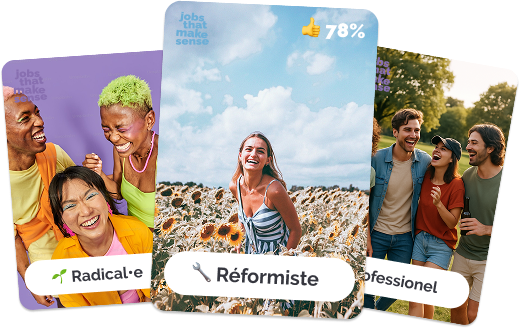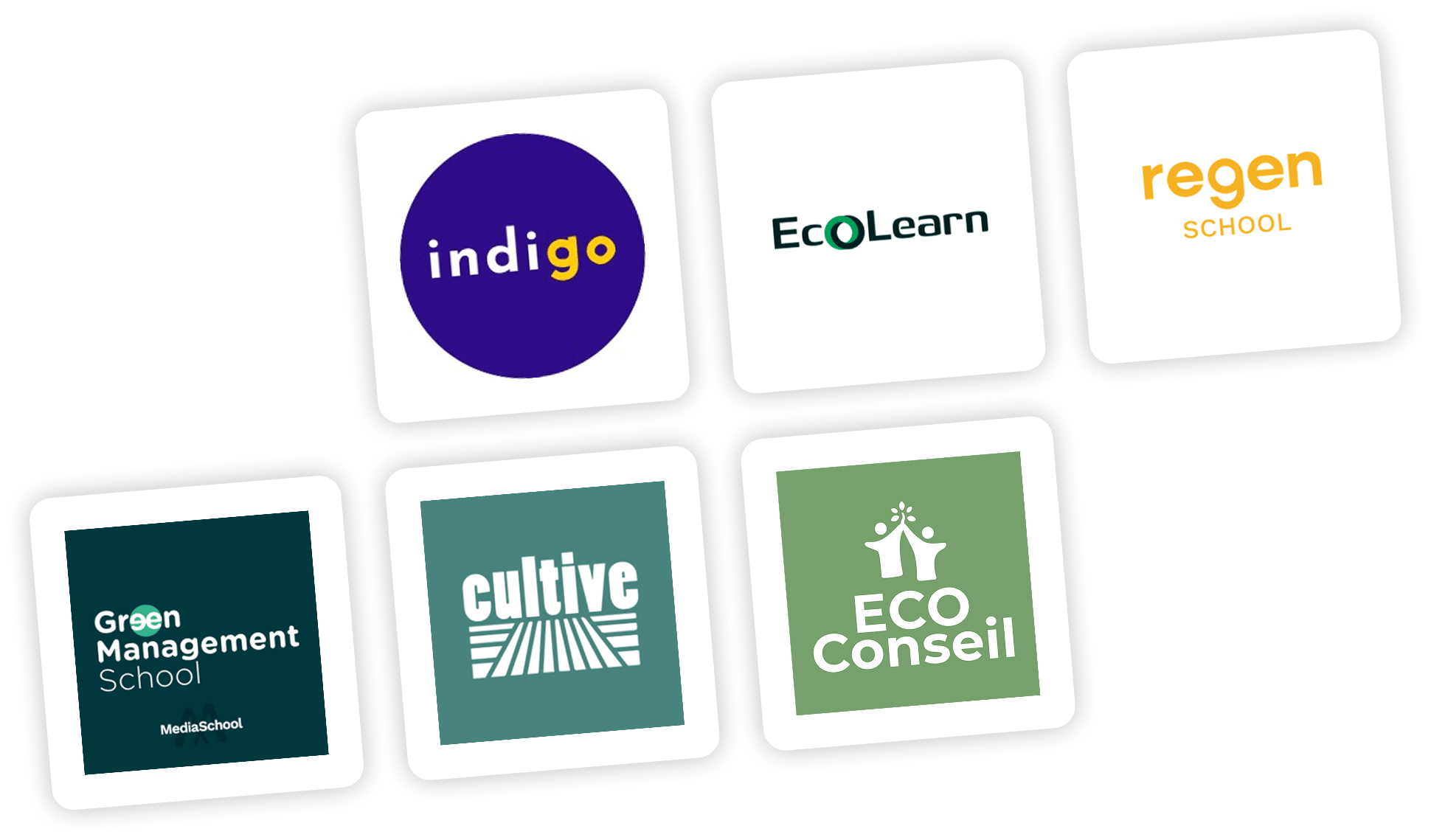How many interviews should I conduct for a position?
In a survey of 754 respondents conducted by Page Personnel in 2019, recruiters conduct an average of 2 to 3 interviews and candidates for the position meet with 3 interviewers. Are you a recruiter or a manager of a company looking to hire? How many candidates should you plan for your future job interviews? In how many steps should you conduct the interviews with the main candidates?
Legally, how many interviews am I entitled to?
The law does not impose any rules on the number of candidates to be interviewed, the number of interviews you must conduct or the function of the interviewers. Here's what the Labor Code requires you to do in terms of interviews:
- "Warn candidates of the types of interviews you are conducting and the tools used: test, questionnaire, interview... before the procedure. These methods must be proportionate to the purpose."
- "Use the data collected on candidates only for recruitment purposes."
Advertise to the largest impact community
Reach over 150,000 motivated candidates who want to give meaning to their professional lives. Post up to 3 ads simultaneously for free.
How many job interviews should I conduct?
The rules are mostly up to you, depending on how much time you can devote to it, the size of your company and the type of position to be filled. Here are some factors to consider when choosing your ideal number of interviews:
The size of your organization
- Are you a small company? 1 or 2 interviews may be sufficient. You can organize an interview with the HR and then a second one with the manager. You can also opt for an interview with the head of the organization and a meeting with the team or a situational interview related to the position.
- For large organizations, where the positions are more defined, 3 or 4 interviews may be necessary, including, for example, a meeting with a recruiter, with a manager, a personality test and a meeting with the project team.
Nature of the position
- If the position you are applying for requires both advanced technical skills and soft skills, you may need to conduct several interviews dedicated to the evaluation of these different criteria.
- If hard skills are an important part of the position, you may need to conduct several technical interviews.
⚠️ If you are recruiting for a civic service, internship or volunteer assignment, be careful not to overdo the number of interviews. A process that is too cumbersome could discourage potential candidates!
Company culture
In your organization it works more like this: you need time to conduct the recruitment process? To have several team members meet separately to make a choice together? To rely on personality tests? To contact your candidates' former companies for feedback? In this case, you may need 3 or 4 interviews.
.... or rather like this: do you recruit by feel, based on personality, on values? Do you like to spend time training, less time recruiting? Do you kill two birds with one stone to evaluate the candidate by proposing a collective recruitment with the team? An interview or two may be enough.
👉 Here is an example of how our process works at makesense:
#1 A 30min motivational interview: to check the base and not to bring into the recruitment process a person we don't feel motivated, who didn't inquire or isn't available at the right times.
#2 A practical case : 2 hours for internships - 3 hours for fixed-term contracts
#3 A 1 hour interview for internships - 2 interviews: 1 hour job + 1 hour Culture Fit for permanent contracts
#4 Reference interviews: we call the manager(s) of our previous experience
Save time in your recruiting
We know that your time is precious. That's why we are constantly developing features that allow you to manage your recruitments efficiently.
The different types of job interviews
Motivation interviews
A first interview will allow you to select the candidates whose profile matches your various criteria. It is an opportunity to go deeper into the elements of the cover letter and the candidate's professional background. It is also an opportunity to make an initial assessment of the candidate's personality.
Technical interviews
After the motivational interviews, the next steps can be to evaluate the technical skills of a candidate via a test and/or a situation with a manager or a member of the team.
Example: For the hiring of a sales manager: "during this interview, evaluate the candidate's ability to conduct a negotiation, while observing his or her body language and non-verbal communication.
Group interviews
These interviews with candidates for a position are generally held for jobs that require interaction with many people and negotiation. Thanks to role-playing exercises, they are a way to evaluate the candidates in their group interactions.
Team / culture fit interviews
More informal, these types of interviews usually take place in your work environment. They are used to meet with the team to assess the fit with the company's culture and governance. Even if a person has all the skills, if the governance of your organization does not suit him or her, it is better to find out quickly.
Reference interviews
Held at the end of the interview process, to contact the candidate's former managers.
How many candidates to interview?
For the number of candidates, it also depends on :
The nature of the position
- If the position to be filled is a position of responsibility, it will be interesting to meet enough candidates to have an objective view.
- If, on the other hand, you think that you can accept all types of profiles, that you are ready to train on the job, a few meetings will suffice.
The way you operate
- Are you open-minded when it comes to recruiting? Do you recruit all candidates aligned with your values or with whom you have a good feeling? Do you favour unsolicited applications or word of mouth? Do you meet few candidates, only those with original applications? As long as it works for you internally, there is no need to change your hiring practices!
- Do you need to post an offer on different channels to meet different profiles? Would you rather spend time meeting many candidates to make a final decision? Once again, you are free to organize several meetings to make your choice.
How to select the candidates?
To distinguish candidates between them and select the best ones, to choose only 1 in fine...
👉 here is our article on the subject: How to select candidates : criteria & methods !
To go further
To prepare and succeed in your future job interviews, we recommend these 2 articles:
👉How to lead a job interview ?
To take action
👉 Create a free recruiter space and start posting job offers on jobs_that_makesense



